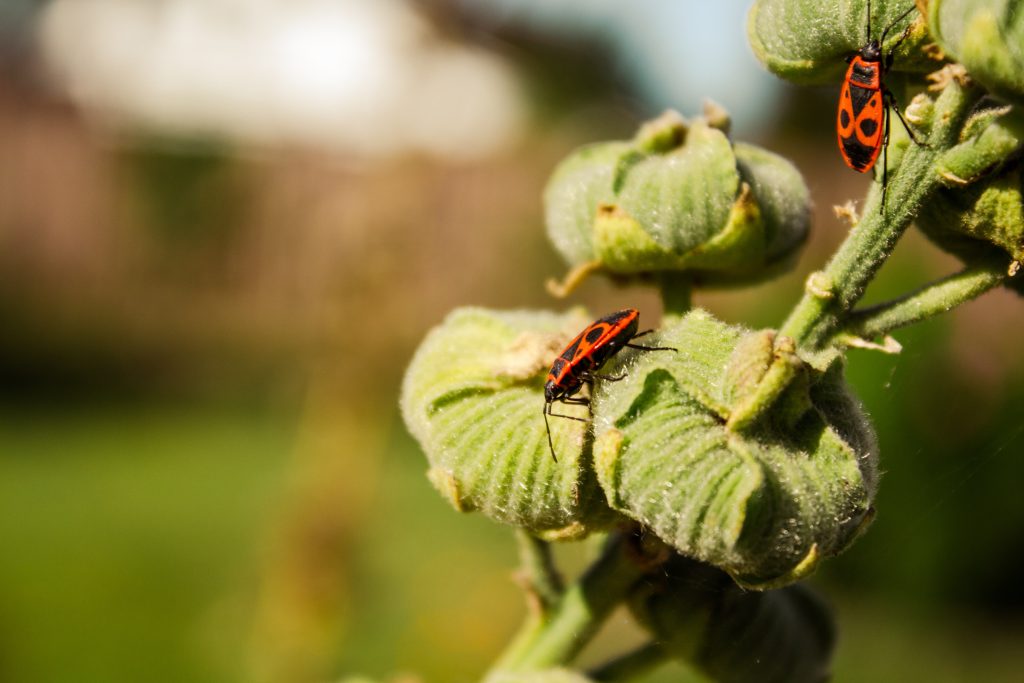Boxelder bugs are quite small insects that are often found on boxelder trees, maple trees, and ash trees. These bugs are common in North America and can be easily identified by their distinct black and red markings. As the winter season approaches, many people wonder whether boxelder bugs die or simply hibernate through the winter. In this article, we will explore the life cycle of boxelder bugs and their behaviour during the winter season.
Need to get rid of boxelder bugs? Hire fully licensed and insured professionals from Exterminator Hamilton.
Boxelder bugs go through a process called diapause during the winter season. This is a period of inactivity where the bugs slow down their metabolism and remain dormant. During diapause, the bugs do not eat or reproduce and their bodies go through changes to adapt to the colder temperatures. The bugs find shelter in cracks and crevices in buildings, under rocks, or in other protected areas. They may also gather in large groups to keep warm, a behaviour known as aggregation.
While diapause may seem like hibernation, it is actually different in a few key ways. For one, diapause is triggered by changes in the length of daylight, rather than changes in temperature. Additionally, during diapause, the bugs can still move around and respond to stimuli, albeit at a slower pace.
During the winter months, boxelder bugs may face a number of challenges. Cold temperatures can be deadly for insects, especially if they are exposed to extreme cold for an extended period of time. Additionally, if their shelter is disrupted or if they are exposed to harsh weather conditions, they may be more likely to die.
However, boxelder bugs are well adapted to survive the winter. Their bodies produce a natural antifreeze substance that helps protect them from freezing temperatures. Additionally, their sheltered locations provide protection from the elements.
It is worth noting that not all boxelder bugs will survive the winter. Some may die due to natural causes or because they were unable to find adequate shelter. However, many will emerge from diapause in the spring, ready to resume their activities.
In conclusion, boxelder bugs do not die in the winter, but instead enter a period of inactivity known as diapause. During this time, they slow down their metabolism and find shelter to protect themselves from the cold. While some may not survive the winter, many will emerge in the spring to resume their activities. If you are concerned about boxelder bugs in your area, it is best to contact a pest control professional for advice on how to manage them.

